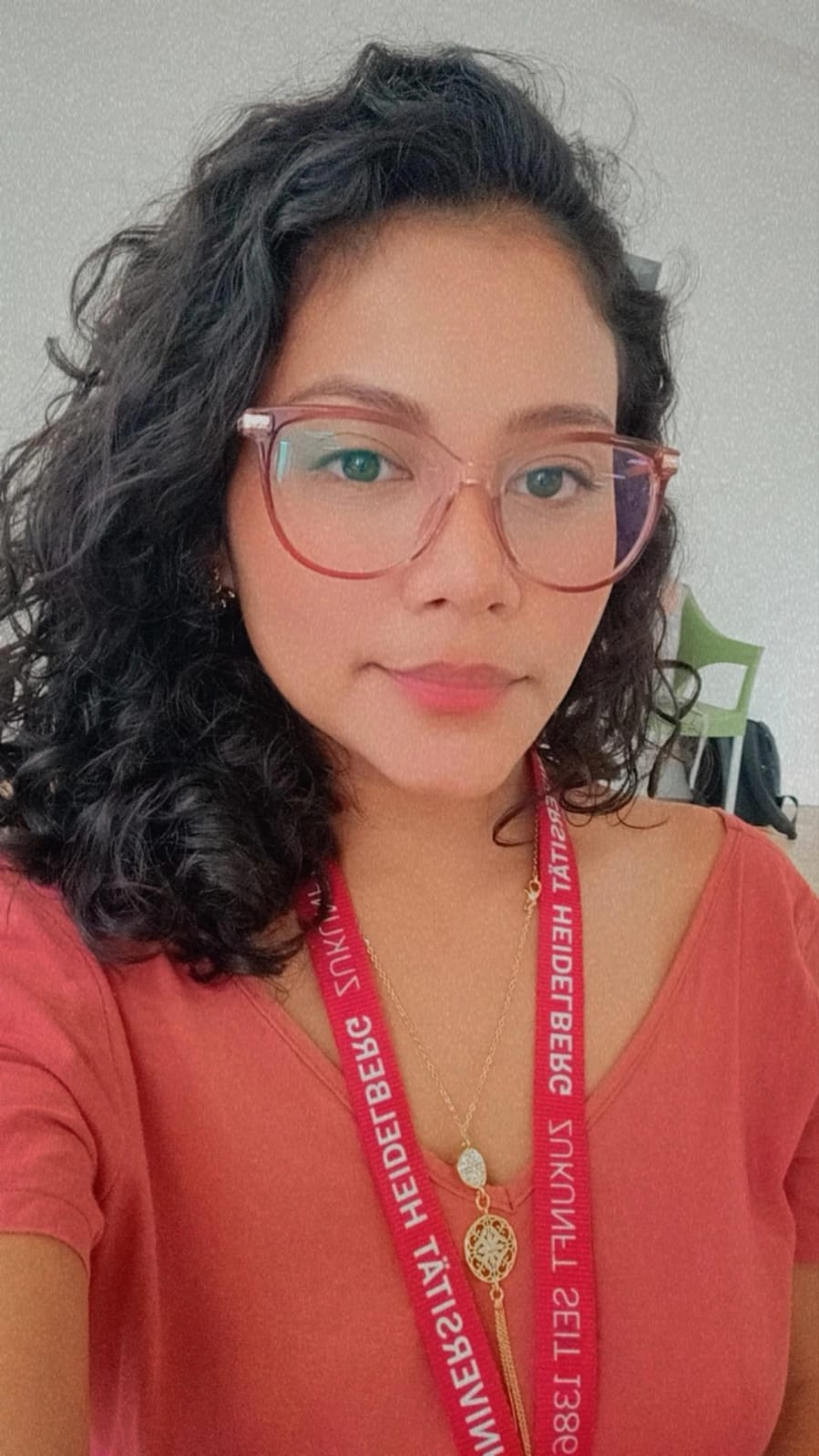People
Faculty
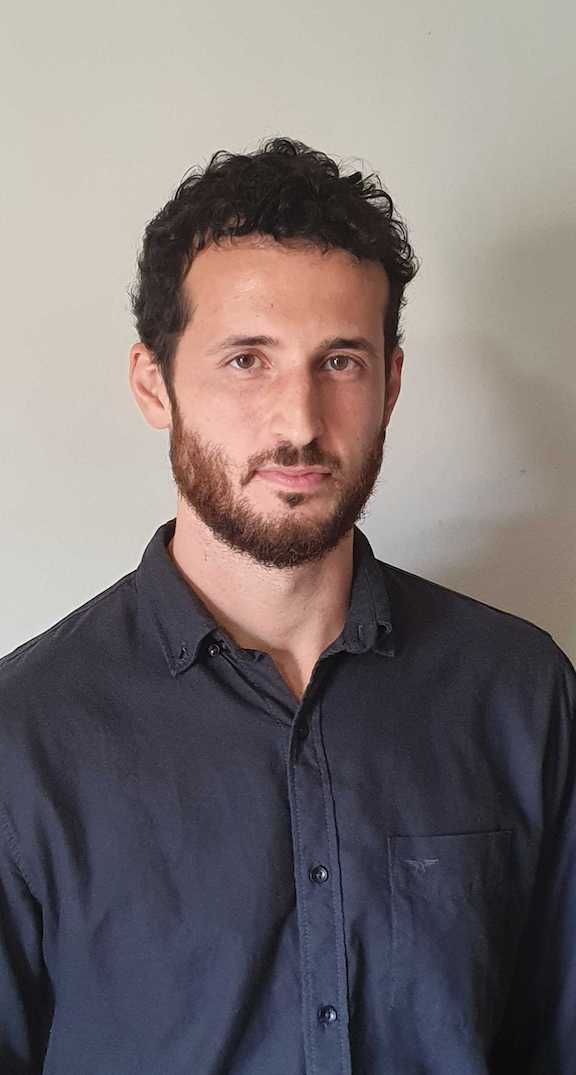
Amaro Grassi
Amaro Grassi is a Project Coordinator at the School of Communication, Media and Information at Fundação Getulio Vargas (FGV ECMI). He is a PhD candidate in Political Science at the Institute of Social and Political Studies at the University of the State of Rio de Janeiro (IESP-UERJ), a Master in Sociology at the same institution, and has a major in Social Sciences at UFRGS.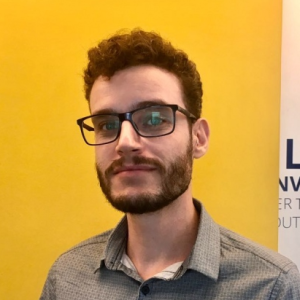
Dalby Dienstbach
Dalby Dienstbach has a PhD in Linguistics at the Fluminense Federal University (UFF), a professor at FGV ECMI and a member of the research group on Communication, Society and Digital Media (FGV). He works academically and professionally in the fields of cognitive linguistics, corpus linguistics, computational linguistics and social network analysis.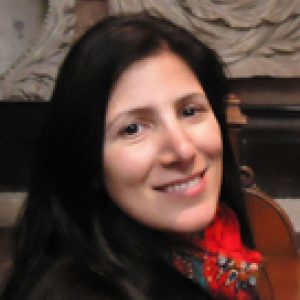
Danielle Sanches
Danielle Sanches is a professor at FGV ECMI and a PhD in History of Science at the École des Hautes Études en Sciences Sociales in cooperation with the Casa de Oswaldo Cruz/FioCruz. She currently works on Digital Methods, focusing on the influence of the algorithm culture on social practices.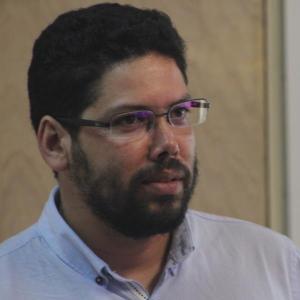
Denisson Silva
Denisson holds a PhD in Political Science (UFMG), a Master's degree in Sociology and is a Social Scientist (UFAL). He has experience in Political Science, working mainly on the following themes: political parties, party migration, electoral results, and campaign financing. Researcher at the Center for Legislative Studies (CEL/UFMG), the Citizenship and Public Policy Group (UFAL), and research fellow at EMCI-FGV.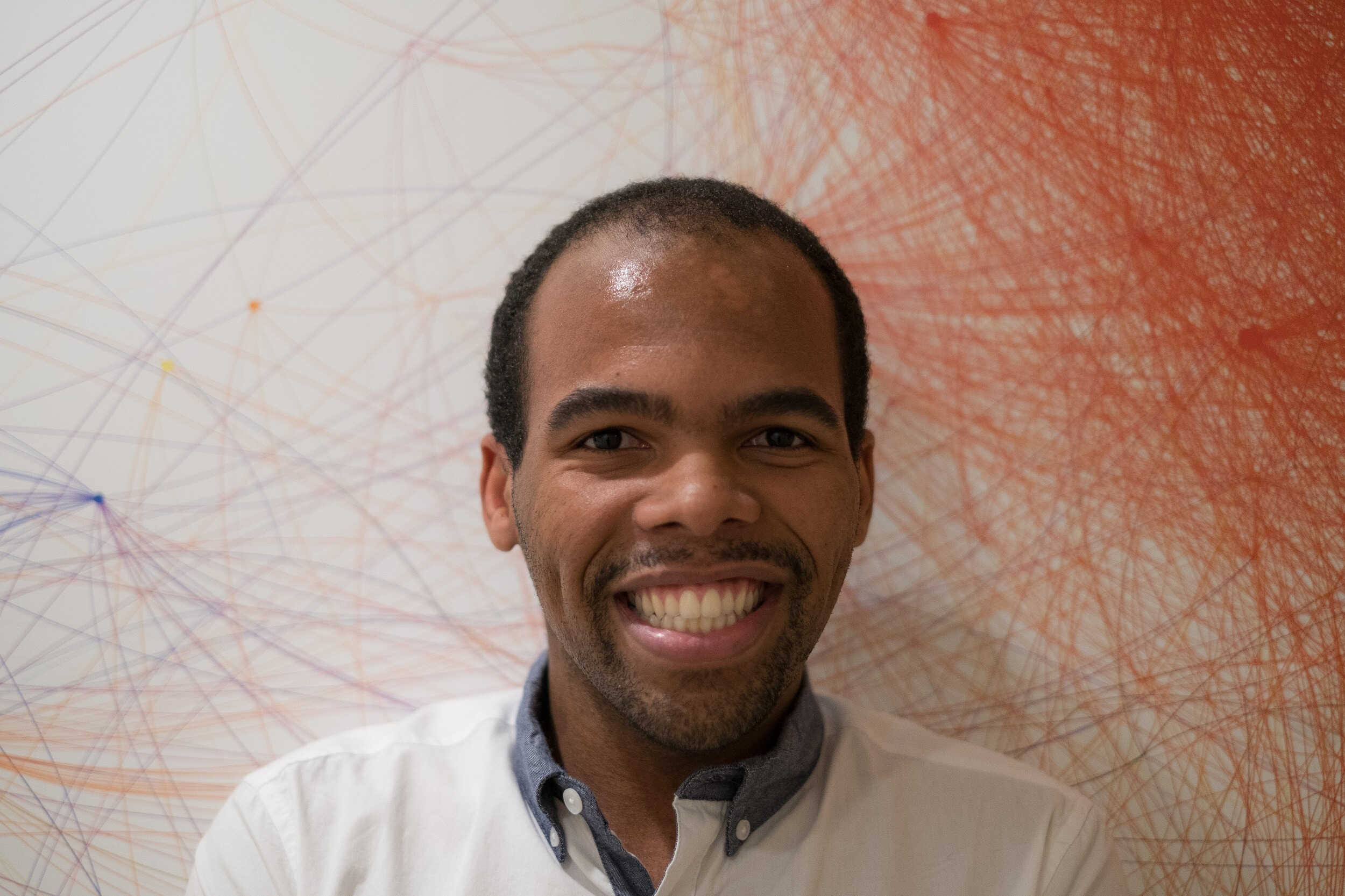
Lucas Roberto
Lucas Roberto da Silva is a professor and researcher at the School of Communication, Media and Information at Fundação Getulio Vargas (FGV ECMI), where he works on data extraction and analysis of social networks. He has a major in Mathematics at the Fluminense Federal University (UFF) and is a Master in Computer Science at the Department of Informatics in PUC-Rio. His main lines of research are Analysis of Social Networks and Natural Language Processing.
Polyana Barbosa
Polyana Barboza is a professor working with data extraction and analysis on social networks at FGV ECMI. She has a major in Applied Mathematics at the School of Applied Mathematics of Fundação Getulio Vargas (FGV EMAp) and is a Master in Computer Science at the Pontifical Catholic University of Rio de Janeiro (PUC-Rio). Her main lines of research are Social Network Analysis in Digital Media and Multi-agent Systems in Software Engineering.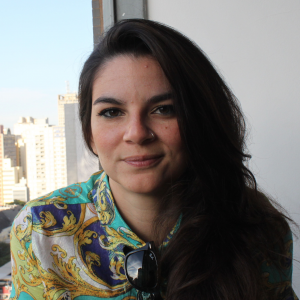
Sabrina Almeida
Sabrina Almeida is a political scientist. She has a PhD in Political Science (UFMG) and is a researcher and professor at FGV ECMI. She studies political behavior with an emphasis on participation and political intolerance, as well as research methods on social networks.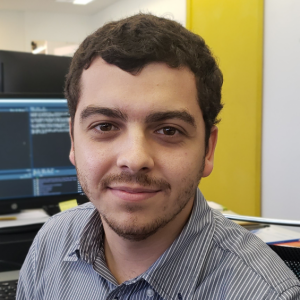
Victor Piaia
Victor Piaia is a PhD in Sociology at the Institute of Social and Political Studies (IESP-UERJ). He is a professor at FGV ECMI and a member of the Study Group in Political Sociology and Digital Transformations and in Communication, Society and Digital Media. He studies the political effects of transformation in daily communication, focusing on social media platforms and messaging apps.Speakers
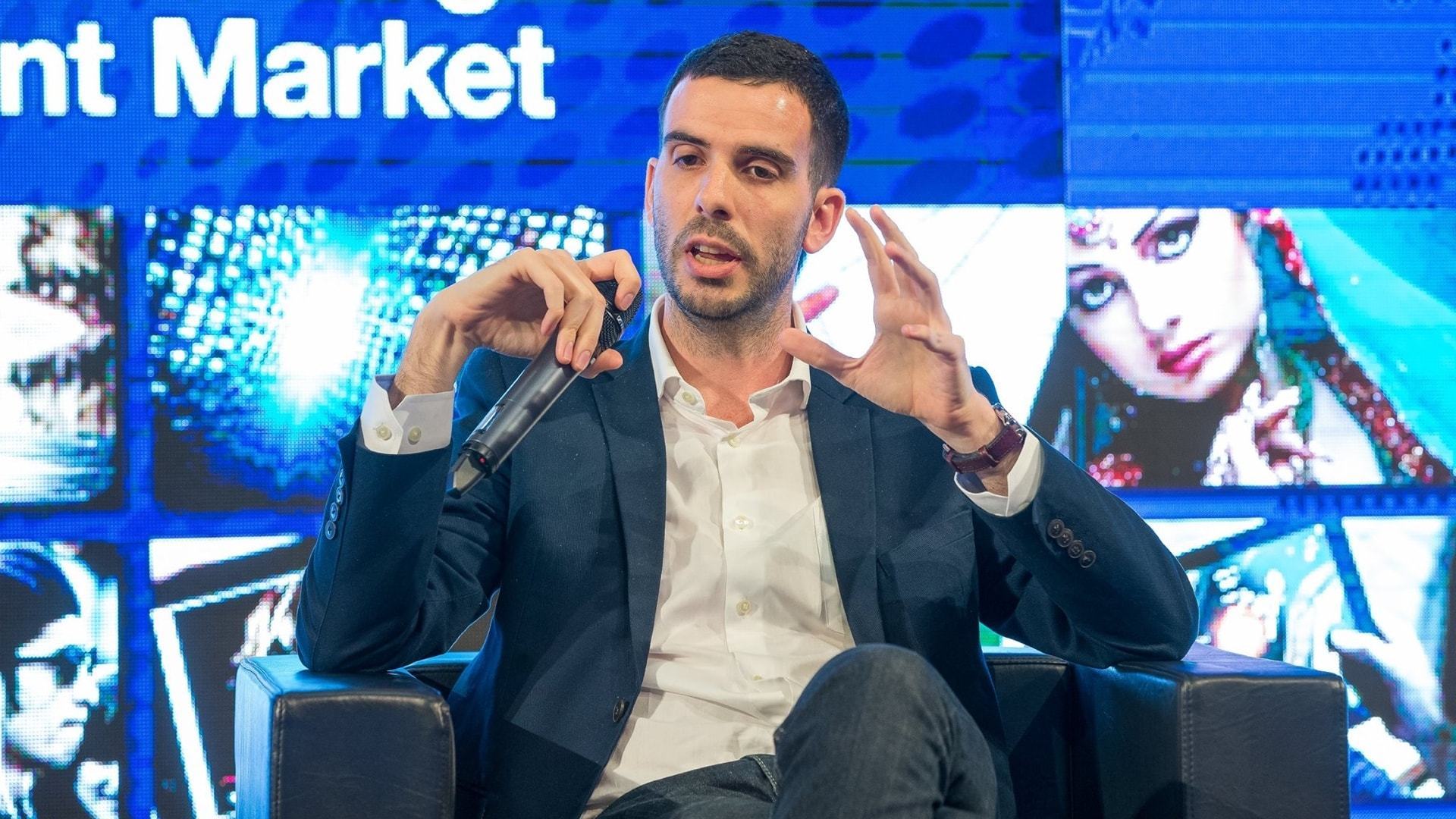
Guilherme Felitti
Guilherme Felitti is the founder of Novelo Data, a São Paulo-based data analytics studio focused on creating tools to help analyze large volumes of data. Among the main issues Novelo Data chooses to focus on are the environment, democracy and disinformation campaigns. Novelo Data's main area of specialization is in Natural Language Processing (NLP) applications, with in-house training and refinement of models to process Portuguese language. Insights from Novelo Data have already been published by global vehicles, such as Le Monde, Associated Press, BBC and El País, and Brazilian ones, such as Jornal Nacional, Piauí, Folha de S. Paulo, O Globo, Veja and O Estado de S. Paulo
Leonardo Nascimento
Leonardo F. Nascimento is a professor at the Federal University of Bahia. As the Digital Humanities Laboratory (LABHDUFBA) coordinator, he has contributed to research in digital sociology, digital humanities, and computational social science. He is the author of the book “Sociologia Digital: uma breve introdução - EDUFBA – 2020”. In his current research, he is collaborating with InternetLab, UFSC, and AI for Society on a project investigating the intersection of instant messengers and political violence and utilizing a combination of natural language processing (NLP) techniques and mixed qualitative approaches, including discourse analysis and online ethnography.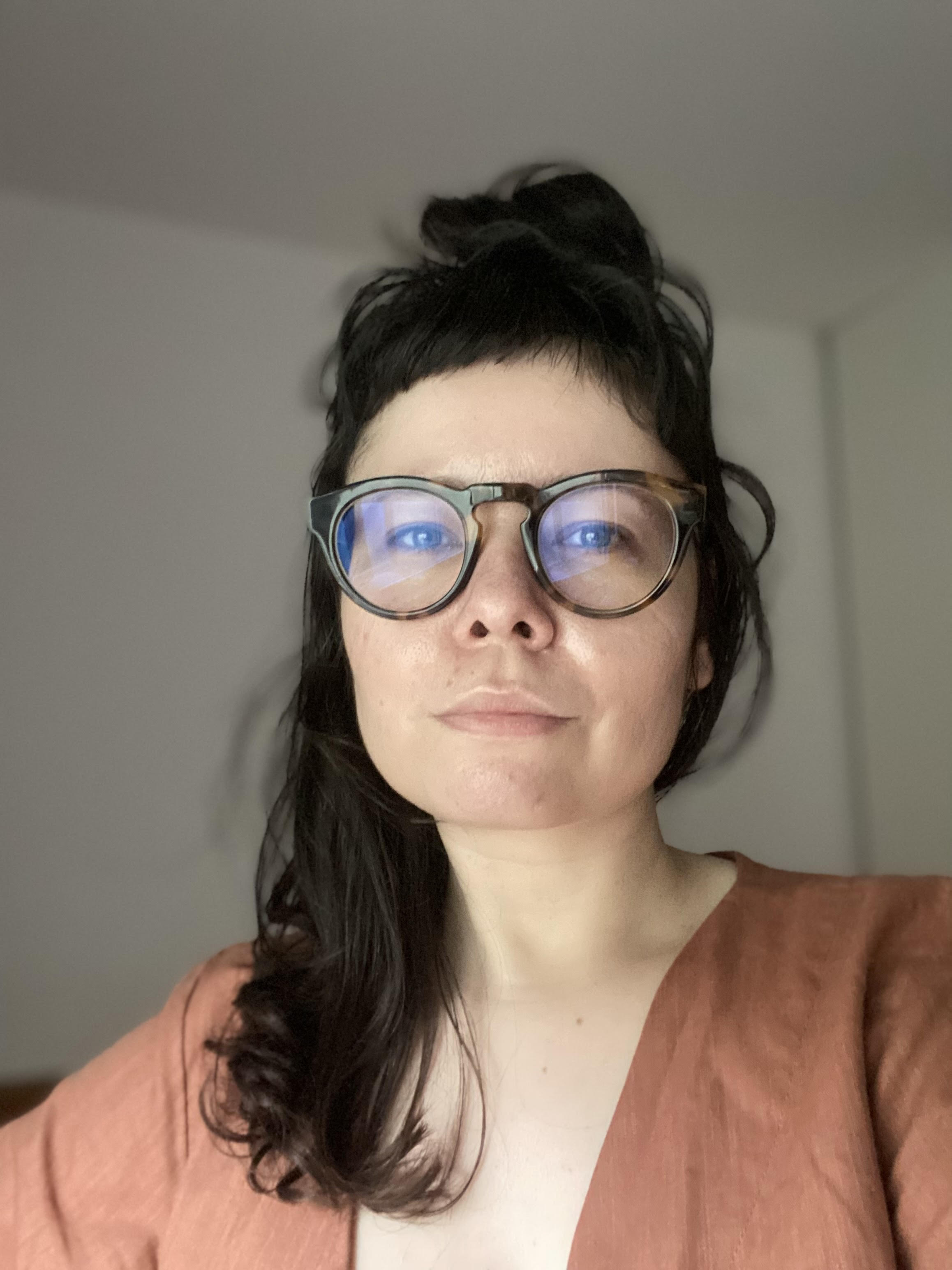
Tai Nalon
Tai Nalon is founder and CEO of award-winning fact-checking and disinformation monitoring company Aos Fatos. She leads the team that won the Gabriel García Márquez Innovation Award in 2020; the Digital Media LATAM award for best digital project in 2020; the Claudio Weber Abramo Data Journalism Award in 2019; and was a finalist for the Online Journalism Awards in the General Excellence category for micro-networking in 2019. With over 14 years of experience in journalism newsrooms and innovation projects, she has worked for several media companies in Rio, Brasília, and São Paulo, including Folha de S.Paulo, piauí, G1, and Veja, always focusing on national politics and public policy. Tai holds a BA in Social Communication, majoring in Journalism, from Uerj (Universidade do Estado do Rio de Janeiro).Teaching Assistants
Participants

Alexsandra Cavalcanti
Alexsandra Cavalcanti is a master's student of Political Science at the Federal University of Pernambuco. She is criminal lawyer and has experience on international humanitarian law. Her current research is about the general-raporteur amendments.
Baruque Rodrigues
Baruque Rodrigues is a PhD candidate at UFPE. Studies elections and electoral fraud. Worked as a Data Scientist at CGEE and CEPAL.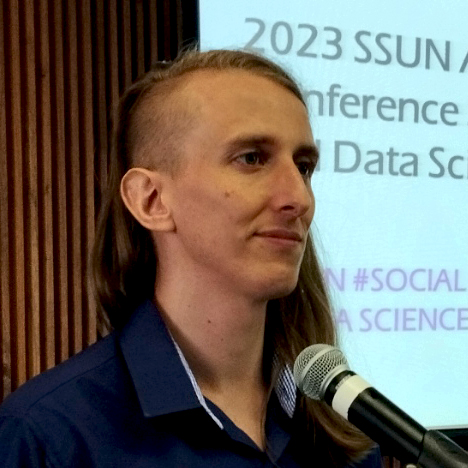
Daniel Bonatto Seco
Daniel Bonatto Seco is a Digital Humanities MA student at UFRRJ, Research Fellow in CPDOC/FGV and Data Specialist at Tree Intelligence, a stakeholder management and consulting firm. Works in Natural Language Processing (NLP), Digital Collections, Network Science, Social Network Analysis (SNA), Social Listening and R&D.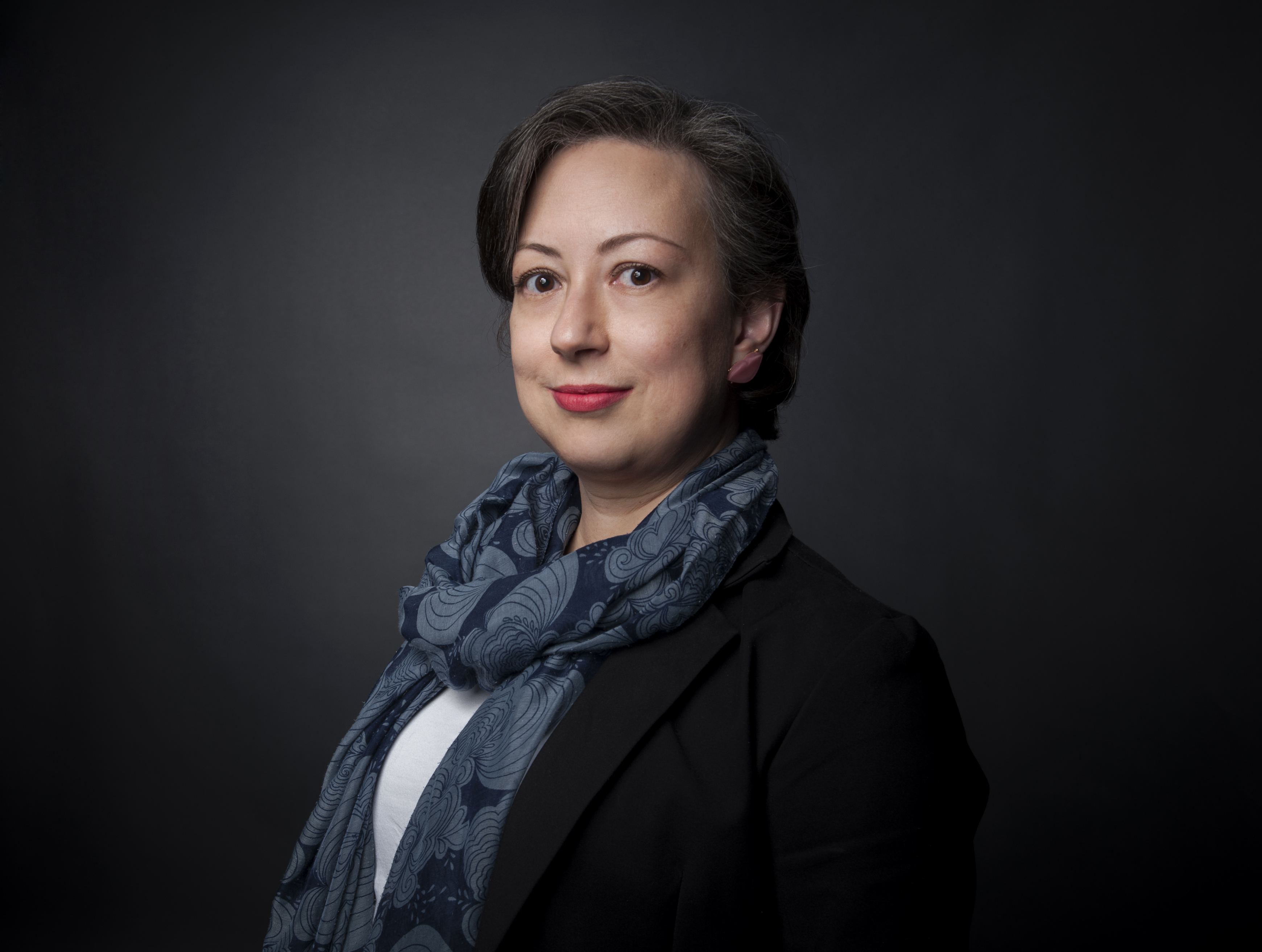
Eliana Loureiro
Eliana Loureiro is a PhD student in Human and Social Sciences at UFABC. She is also a professor and coordinator at FAAP. She is interested in studying computational methods for research on social networks. Her dissertation is about the TikTok algorithm on the reach of fake news posts by presidential candidates during the 2022 elections.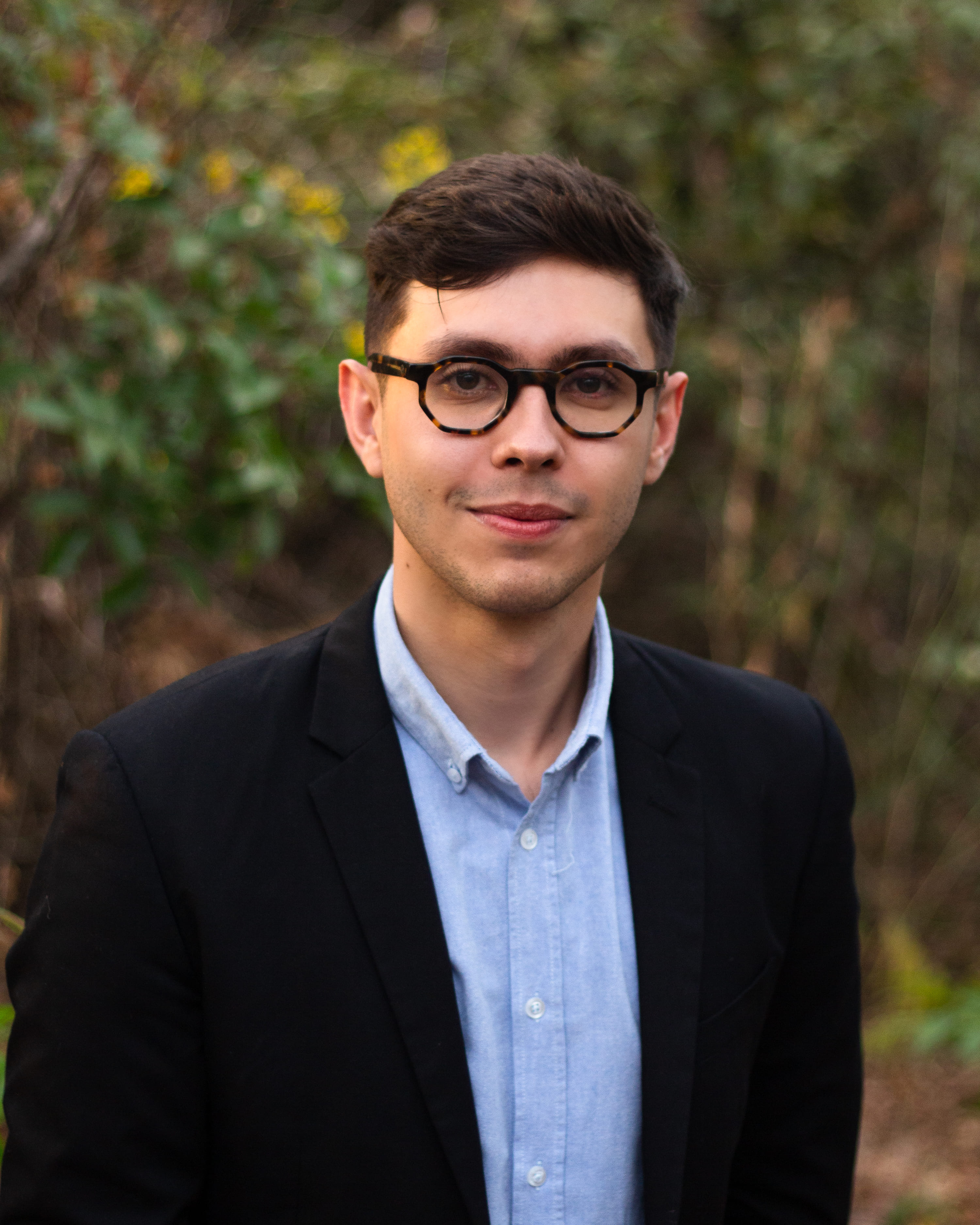
Guilherme Alves
Guilherme Alves is a Master's student in Political Science at The Institute of Social and Political Studies (IESP). He holds a BA in International Relations from the Federal Fluminense University (UFF). His research agenda focus mainly on the following topics: theories of democracy, information in democracies; manipulation and disinformation;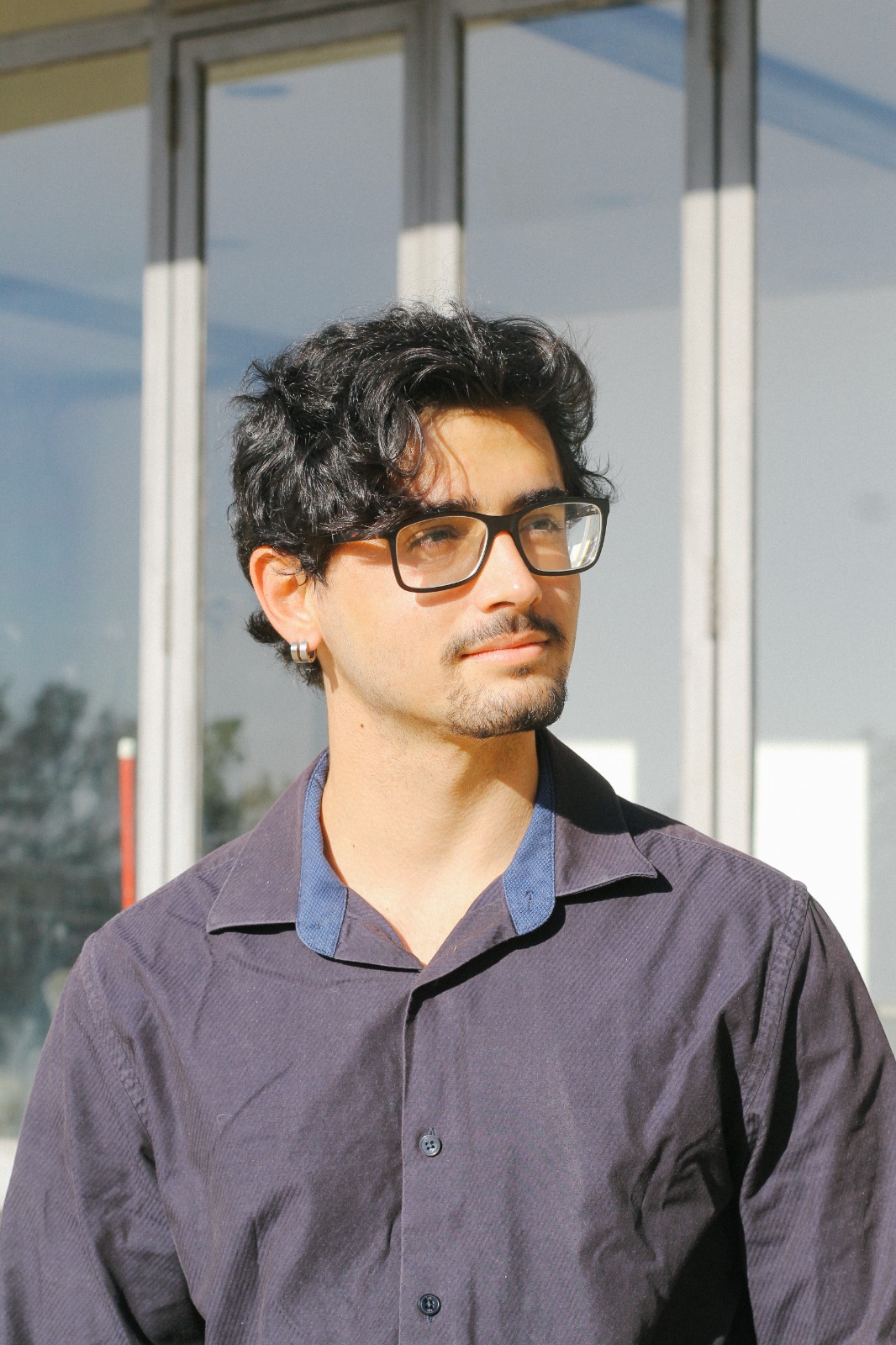
João Camargos
João is currently an MA candidate in Political Science at the Federal University of Minas Gerais, Brazil. He is also a data analyst at the Instituto Ver: Pesquisa e Comunicação Estratégica. João's research is located in the subfield of Political Psychology, aiming to understand the dissemination of elite beliefs and their effects on behavior.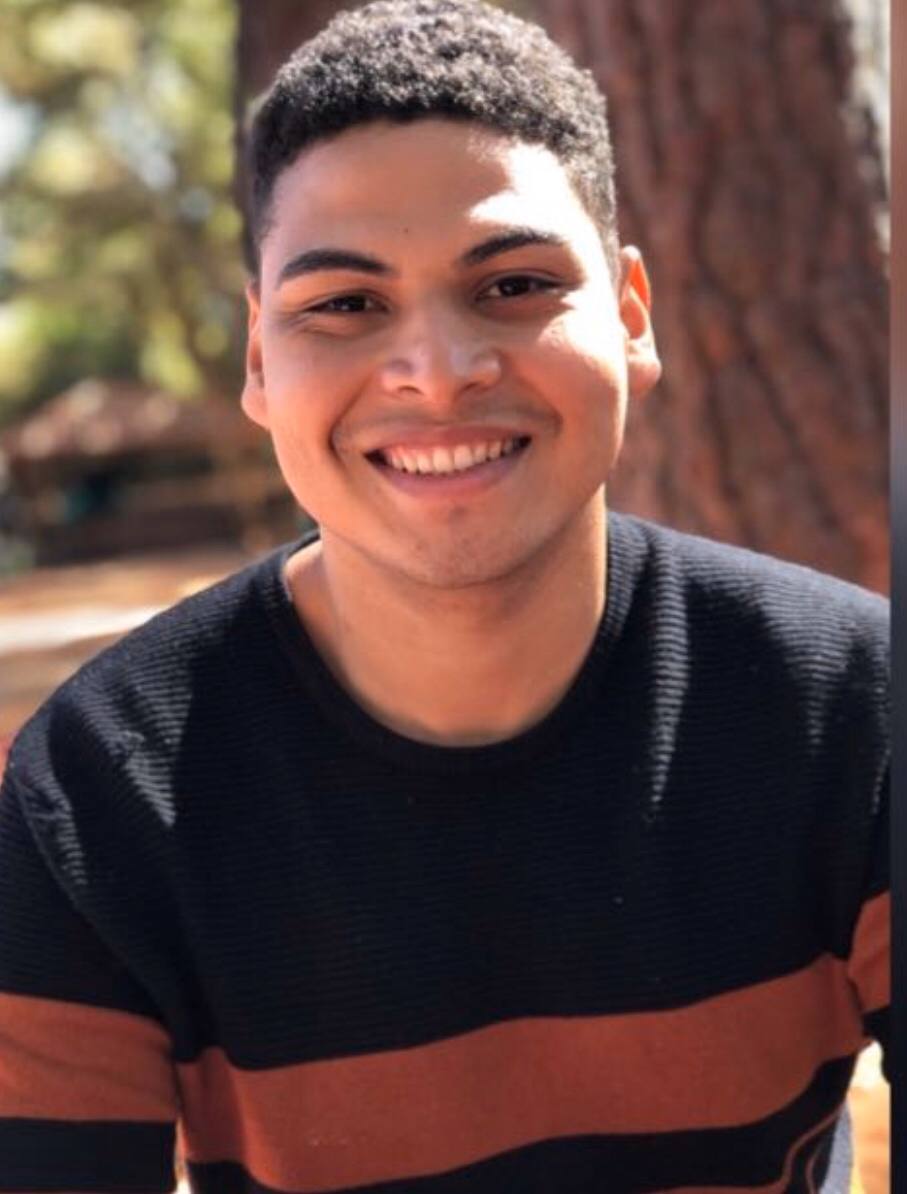
João Gabriel Ribeiro Pessanha Leal
PhD student in Public Health at the National School of Public Health Sergio Arouca (ENSP/FIOCRUZ). Conducts research and statistical analyses focused on databases of sociodemographic, demographic, health, and political behavior/attitude information. Predominantly studies determinants of public policies in Brazilian municipalities. Works on the following themes: Political Parties and Financing of Social Policies, with a focus on the Unified Health System (SUS); Federal Parliamentary Amendments and Financing of the SUS.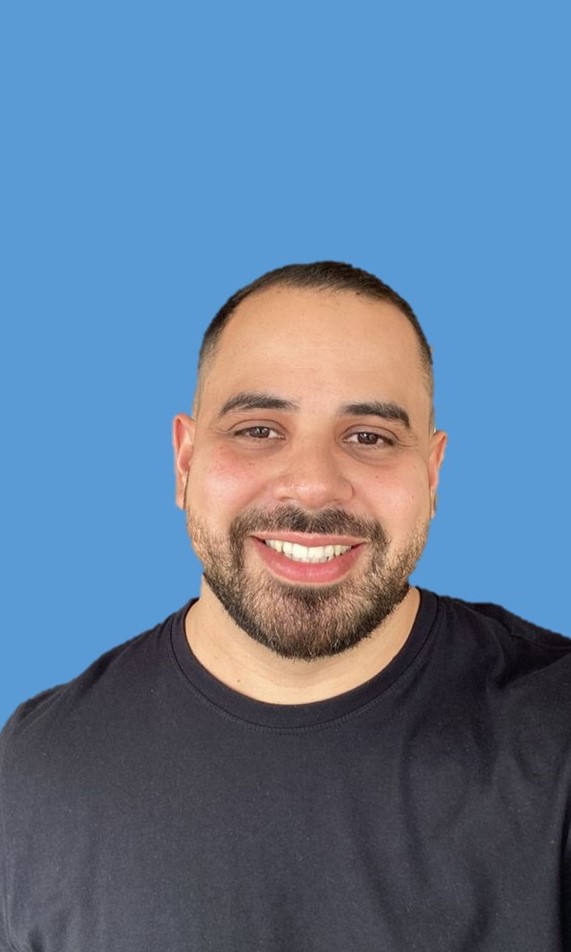
José Galdino Neto
José Francelino Galdino Neto is temporary lecturer in the Department of International Relations at the State University of Paraíba, and is a doctoral student in the Department of Political Science at the Federal University of Pernambuco. He has broad interests in international relations theories and foreign policy analysis. His thesis explores the existence of Latin American theories in International Relations. And he is also adjunct editor of the Journal of Scientific Initiation in International Relations at the Federal University of Paraíba.
Mayres Pequeno
Mayres is a master's student in the Department of Political Science at UFPE, where she also conducts research in the Laboratory of Computational and Experimental Political Science. Currently, her research is focused on attitudes towards marginalized groups and preferences for electoral quotas, using experimental methods. Additionally, she has a bachelor's degree in Social Sciences and works as a Public Policy Evaluation as a Data Science Manager in Recife.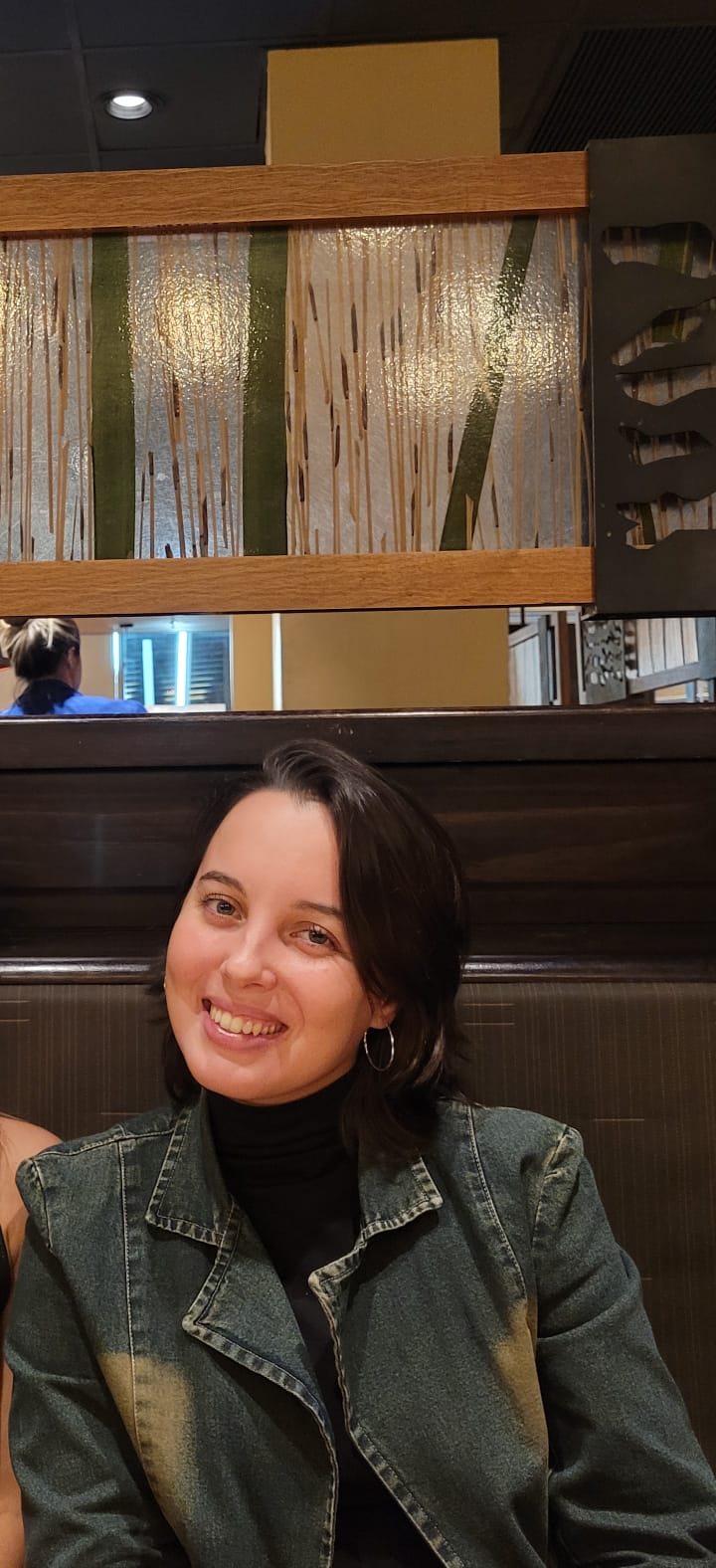
Mozara Rodrigues
Mozara Rodrigues is a political scientist graduated from Universidade Federal do Estado do Rio de Janeiro, where is currently pursuing a masters in political science. Her research focuses on democracy support in the Latin American region, using surveys and multivariate statistics to analyze the most important factors to increase the democracy support among citizens.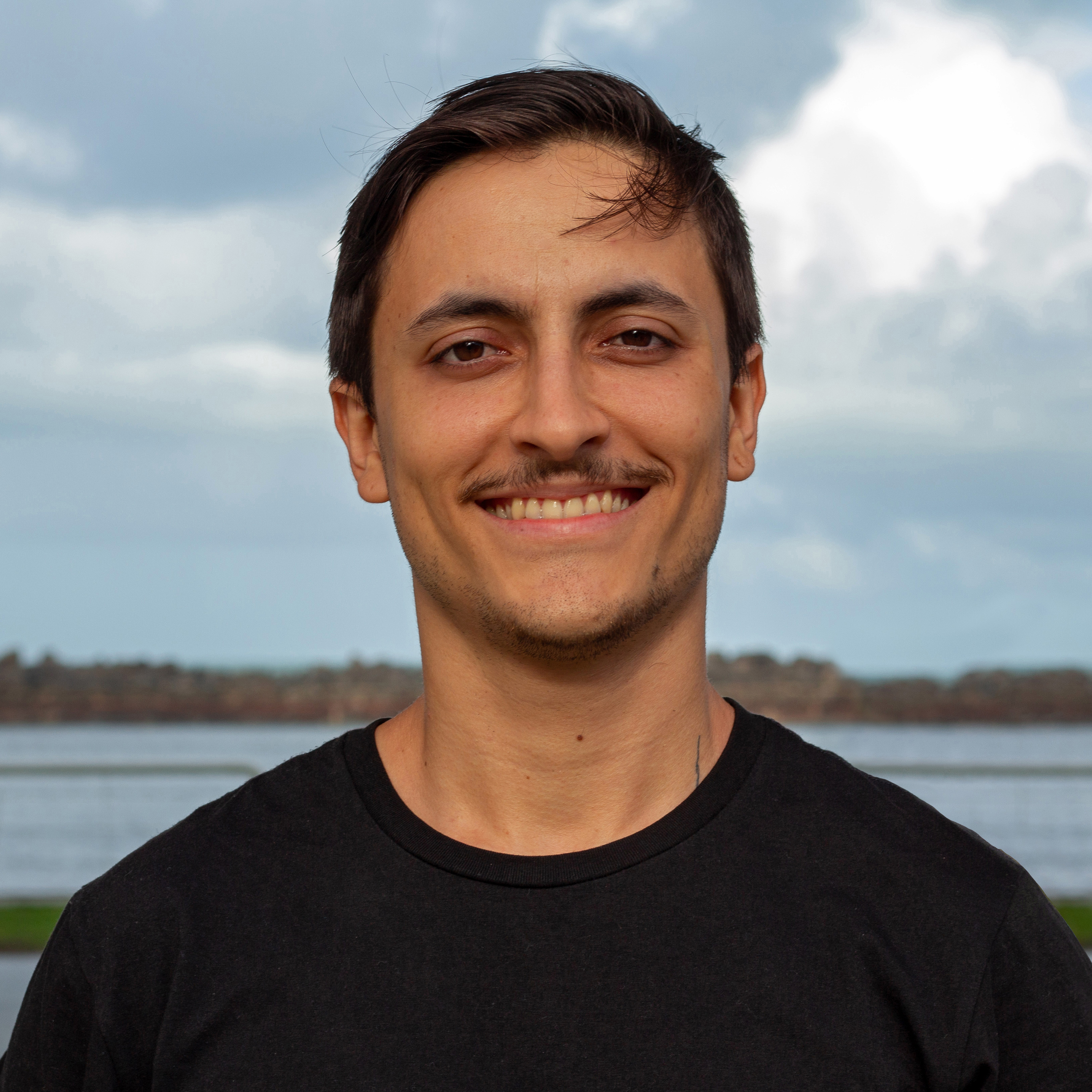
Pedro Amaral
Pedro Amaral is a researcher and project leader at Law and Technology Research Institute of Recife, focusing on privacy and surveillance. He is a Ph.D. student at Federal University of Pernambuco, researching on democratic oversighting the public security intelligence sector in the context of digitalized societies and tools of surveillance.
Reinaldo Silva
Project coordinator at Abraji (Brazilian Association of Investigative Journalism) - extensive experience in data journalism and data science for different organizations and transparency and open data projects for journalists and civil society. I coordinate data journalism and data science projects on the Judiciary (Ctrl+X - https://www.ctrlx.org.br/ - and Publique-se - https://publiquese.org.br/), on evidence-based investigations (CruzaGrafos - https://cruzagrafos.abraji.org.br/conteudo/metodologia/), and a partnership with Google News Initiative to collect documents of public interest to supply Pinpoint (https://journaliststudio.google.com/pinpoint/) - a reading project with OCR (Optical character recognition) to find entities in documents and audio transcription. In the last few months I have also started studying machine learning and Artificial Intelligence applied to journalism - as a fellow of Journalism/AI at Polis LSE (https://github.com/JournalismAI/attackdetector).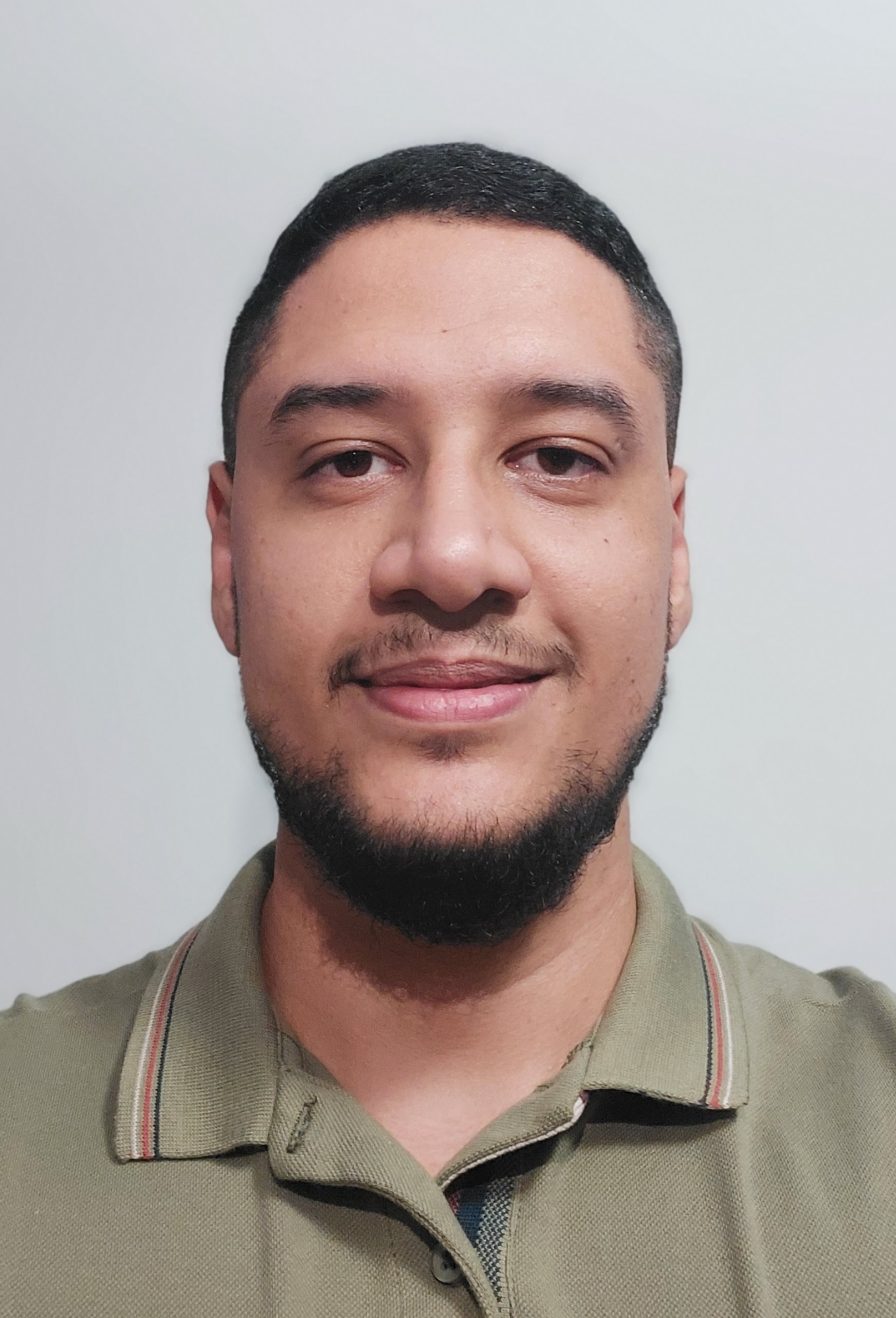
Renan Mattos
Renan Mattos is a PhD student in Sociology at the Fluminense Federal University (PPGS-UFF), with a study period at the Nova Institute of Communication (ICNOVA). He is currently pursuing an MBA in Data Science at UFF and is a member of the research group Discourse, Social Networks, and Socio-political Identities (CPDA-UFRRJ) and the Digital Sociology Laboratory (UFF). His main lines of research are digital sociology, discourse analysis, and populism.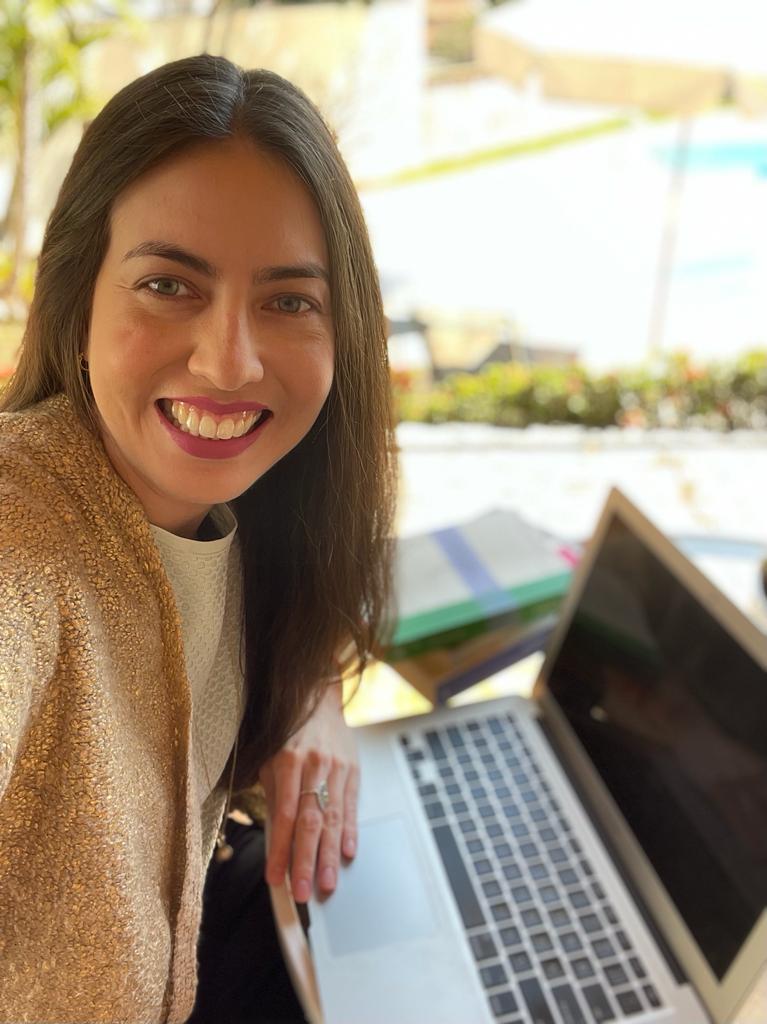
Renata Zampronio
Renata Zampronio is a master student in the Pontifical Catholic University of São Paulo (PUC-SP) Social Science department. Her current research examines resistance practices of young latin migrant women at workplace. She holds a Bsc in Production engineering at University of São Paulo (USP) and she is a member of Latin American Council of Social Sciences (CLACSO) research group on Children and Youth.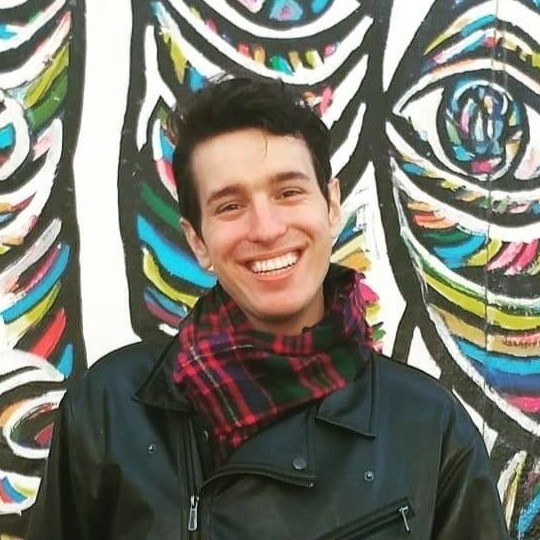
Tomás Borges
Tomás Borges is pursuing a Master's degree in Political Science at IESP-UERJ. He holds a BA in Foreign Languages Applied to International Relations at CEFET-RJ, with an exchange program at Sciences Po Strasbourg. His main interests include distributive politics, citizens' political behavior and social protection in developing countries.